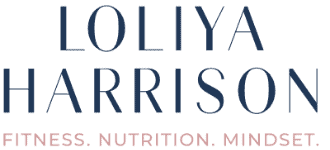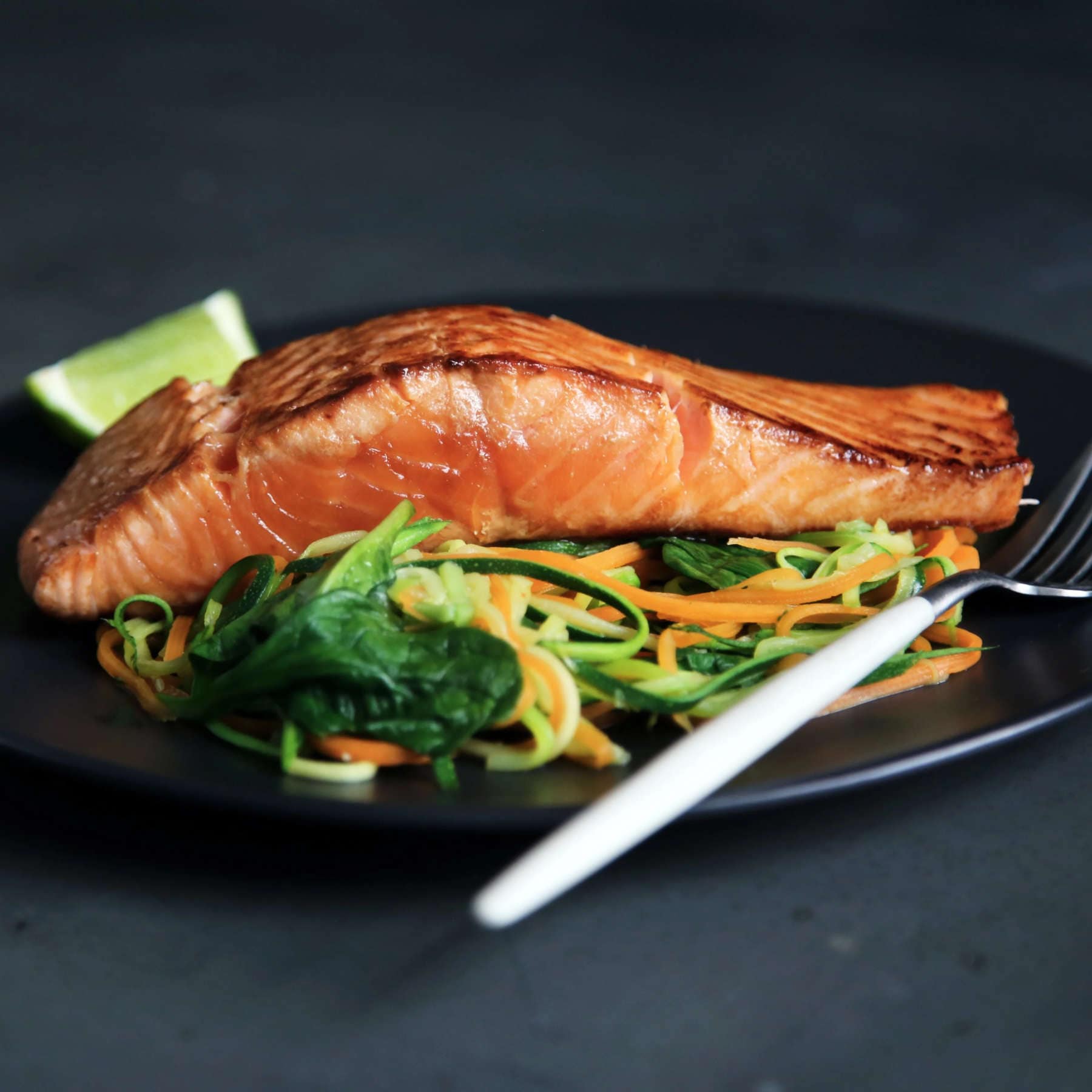
Have you finally managed to get your exercise routine working for you? But do you still find healthy eating habits difficult to sustain? You’ve heard that intermittent fasting is the most popular health and fitness trend at the moment. You are also aware perimenopausal and menopausal women are using intermittent fasting to lose weight and improve their health. So are you wondering whether intermittent fasting is right for you and maybe the answer to your healthy eating challenges and managing your health symptoms and uncontrollable weight gain? Below I have summarised the benefits of and the different ways intermittent fasting can be done. I’ve also included who should definitely NOT practise intermittent fasting and the possible side effects some people experience when they first start. So what’s the answer to the question:
Should you consider intermittent fasting during menopause and perimenopause?
WHAT ARE THE HEALTH BENEFITS OF INTERMITTENT FASTING?

Apart from the health benefits, there are also practical benefits of intermittent fasting. It is simple and easy to do because you can do it anywhere, even on holiday, it does not involve any special foods, complicated equipment, counting calories, weighing your food or cooking different meals for the family everyday.
One of the main scientific explanations for the health benefits of intermittent fasting is that it may help to reduce insulin resistance – a common development in menopausal women. This is explained simply and clearly by Jason Fung in his book The Obesity Code. Insulin resistance is linked to several health problems such as abdominal weight gain, diabetes, menopausal symptoms and polycystic ovaries. If intermittent fasting is done correctly the benefits have been shown to include:
Weight and body fat loss – very simply it allows the body to use its stored energy by burning body fat
Possible reversal of type 2 diabetes
Possible improved mental clarity and concentration
Possible increased energy
Possible improved blood cholesterol profile
Possible reduction of inflammation.
WHAT ARE THE MOST POPULAR WAYS TO INTERMITTENT FAST?
There are lots of different ways people do intermittent fasting. The most common are:
16:8 – This is the most simple and works for women. Eat all your meals within an 8 hour time period and fast for the remaining 16 hours. You could have your evening meal at 7pm and then don’t eat until 11am next morning. This is one of the easiest to do because for most of the 16 hours fasting period you will be sleeping.
20:4 – a 4 hour eating window and 20 hours fast. You could eat between 2pm and 6pm every day for example and fast for the other 20 hours. The easiest way to manage this one is eat one meal or 2 smaller ones a day, but you will need to make sure you plan your food so that it is nutritionally balanced. A registered nutritional therapist could help you with this.
24 hours fasts – fasting from dinner to dinner or lunch to lunch. Eat dinner on day 1, skip breakfast and lunch next day and eat dinner again on day 2. So you are eating daily but only once a day. People often do this 2-3 days a week.
5:2 – This was made popular by Dr Michael Mosely in his book The Fast Diet and has the most scientific support. It involves five regular eating days but on the 2 fasting days you are allowed to eat 500 calories on each day and they can be eaten any time during the day or as one meal.
Alternate day fasting – Like the 5:2 except the fasting days with 500 calories are every other day.
WHO SHOULD NOT FAST?

Intermittent fasting is not safe for everyone so it is better to seek advice from a doctor, a registered nutritional therapist or a dietician before you start. You should definitely NOT do intermittent fasting if you are:
Underweight or have an eating disorder like anorexia or bulimia.
Pregnant
Breastfeeding
A child under 18
You will NEED MEDICAL SUPERVISION to do intermittent fasting if you:
Have diabetes type 1 or type 2
Take prescription medication
Have gout or high uric acid
Have serious medical conditions like liver or kidney disease or heart disease
WHAT ARE THE POSSIBLE SIDE EFFECTS?
Some people experience one or two side effects when they first start intermittent fasting, but these disappear once their body adapts to the new way of eating and becomes more efficient at burning fat. Possible side effects recorded are:
Hunger – usually this was not a problem for people who were used to eating a lower carbohydrate higher fat diet
Constipation – making sure you include high fibrous foods can help with this.
Headaches
Dizziness
Muscle cramps – getting nutritional advice about eating nutritious food and taking supplements to ensure your mineral and vitamin intake is good can help with this.
Heartburn
WHAT OTHER THINGS DO YOU NEED TO CONSIDER ABOUT INTERMITTENT FASTING?

I practise intermittent fasting and it fits in really well with my lifestyle. However it’s important to know that intermittent fasting does not work for everyone. If you are wanting to try intermittent fasting in order to lose weight, bear in mind that other factors could also be contributing to your weight gain. Factors such as the type of food you are eating, whether you have hormone imbalances, disordered sleep patterns, high stress levels, levels of exercise may also need to be addressed.
OTHER FACTORS TO CONSIDER ABOUT INTERMITTENT FASTING ARE:
The best type of intermittent fasting is the one that suits your lifestyle – if you are already in the habit of not eating breakfast for example then the 16:8 or 20:4 might be easier for to adapt to.
Ease yourself gently into it – for example if you want to follow the 16:8 type of fast, start with 12 hour fasts, then once that feels okay increase it to 14 hours and then 16 hours.
STOP if you do not feel well or have any concerns – it is better to seek professional advice before starting to see if intermittent fasting is right for you.
Stay busy during your fasting times – so that boredom doesn’t tempt you to eat.
AVOID binging on junk food during the eating hours – avoid sugars and refined grains and instead eat vegetables, beans, pulses, whole grains, lean proteins, healthy fats, a little fruit.
Stay hydrated during the fasting period – you can drink water, green or herbal tea, a little black tea and coffee (no sugar or sweeteners/honey, milk/or milk substitutes as they count as food).
Avoid snacking between meals – snacking often leads to unhealthy food choices.
Avoid eating late at night –
To get results you need to stay with it for a month – unless you are unwell or have other concerns.
If you are struggling to find a healthy eating and exercise regime that works for you let’s chat. You can book a Getting to Know you Call HERE
Disclaimer:This site offers health, fitness and
nutritional information and is designed for educational purposes only. You
should not rely on this information as a substitute for, nor does it replace
professional medical advice, diagnosis, or treatment. If you have any concerns
or questions about your health, you should always consult with a physician or
other health-care professional. Do not disregard, avoid or delay obtaining
medical or health-related advice from your health-care professional because of
something you may have read on this site. The use of any information provided
on this site is solely at your own risk.



0 Comments